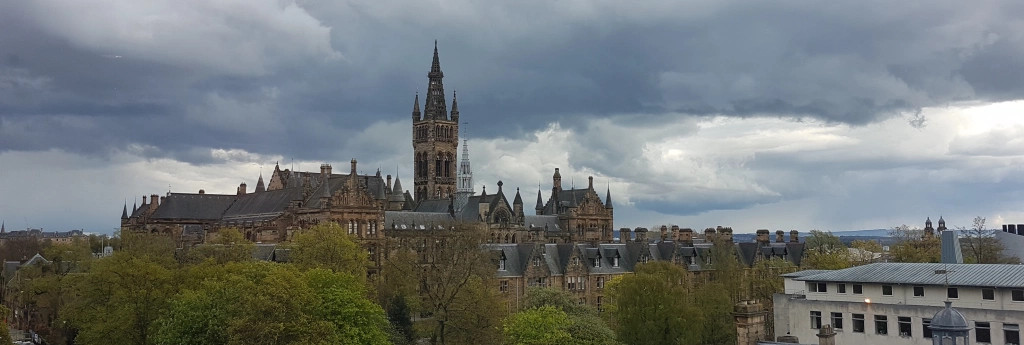Speaker
Description
Driven by the context of distance learning (within the OU model of supported open learning) we have been getting to grips with the practicalities of remote experiments for several years. We are interested in their effectiveness in meeting QAA benchmarks and accreditation requirements relating to practical skills in experimental classwork and projects. We are interested therefore in their effectiveness for independent learning. We have been particularly inspired by recent examples of remote experimentation from field work on Mars landings to lateral flow tests.
Over the last ten years or so we have gained practical experience of using remote experiments in the curriculum, at scale, and we have recognised the criticality of telecommunications and internet services and the limited scope for design and build activities. The aim is to provide students with access to real data via authentic interfaces. Our OpenSTEM Labs now enable students to plan and conduct experiments that provide each with their own data, obtained under their own control, individually or in teams. The cohort size ranges from tens to hundreds. The equipment accessed ranges from telescopes in professional observatories to analytical instruments in research laboratories. The scenarios include time-domain astronomy, collaborative planetary-surface exploration, relativistic electron dynamics, acid-base titration and FTIR spectroscopy.
There are pedagogical advantages to preparing general learning resources especially for online delivery rather than retrofitting ‘online connectivity’ to conventional resources; the benefits come at a price. In much the same way, we have found there are advantages to designing remote experiments from scratch rather than automating a traditional lab; we have found the investment worthwhile, not least because our teaching labs have remained fully functional throughout the CV-19 pandemic.
We are planning to collaborate with others in the development and use of remotely-accessible teaching labs, to enhance the social and educational experience of students through incorporating tools for collaboration and ‘over-the-shoulder’ support.




